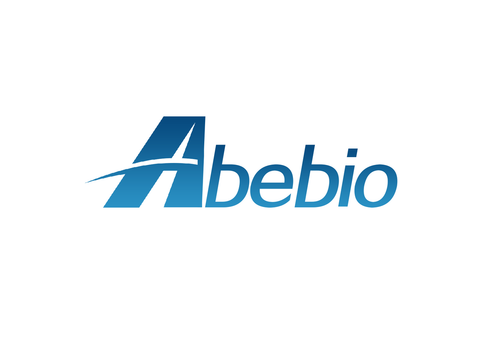Product Description
Rat Keyhole limpet hemocyanin IgG antibody (KLH-Ab-IgG) ELISA Kit | AE62833RA | Abebio
Species Reactivity: Rat (Rattus norvegicus)
Abbreviation: KLH-Ab-IgG
Alternative Name: N/A
Application: ELISA
Range: Request Information
Sensitivity: Request Information
Intra-Assay: ≤4.7%
Inter-Assay: ≤9.8%
Recovery: 1, 02
Sample Type: Serum, Plasma, Other biological fluids
Detection Method: Sandwich
Analysis Method : Qualitative
Test Principale: This assay employs a two-site sandwich ELISA to quantitate KLH-Ab-IgG in samples. An antibody specific for KLH-Ab-IgG has been pre-coated onto a microplate. Standards and samples are pipetted into the wells and anyKLH-Ab-IgG present is bound by the immobilized antibody. After removing any unbound substances, a biotin-conjugated antibody specific for KLH-Ab-IgG is added to the wells. After washing, Streptavidin conjugated Horseradish Peroxidase (HRP) is added to the wells. Following a wash to remove any unbound avidin-enzyme reagent, a substrate solution is added to the wells and color develops in proportion to the amount of KLH-Ab-IgG bound in the initial step. The color development is stopped and the intensity of the color is measured.
Product Overview: Keyhole limpet hemocyanin (KLH) is a large, multisubunit, oxygen-carrying, metalloprotein found in the hemolymph of the giant keyhole limpet, Megathura crenulata, that lives off the coast of California from Monterey Bay to Isla Asuncion off Baja California. Keyhole limpet hemocyanin is an extremely large, heterogeneous glycosylated protein consisting of subunits with a molecular weight of 350, 000 and 390, 000 in aggregates with molecular weights of 4, 500, 000-13, 000, 000. When oxygen is bound to hemocyanin, the molecule takes on a distinctive transparent, opalescent blue color. The KLH protein is potently immunogenic yet safe in humans and is therefore highly prized as a vaccine carrier protein. The large and highly glycosylated KLH protein cannot be reproduced synthetically. It is available only as a purified biological product from the Keyhole Limpet Megathura crenulata.
Stability: The stability of ELISA kit is determined by the loss rate of activity. The loss rate of this kit is less than 5% within the expiration date under appropriate storage condition. The loss rate was determined by accelerated thermal degradation test. Keep the kit at 37°C for 4 and 7 days, and compare O.D.values of the kit kept at 37°C with that of at recommended temperature. (referring from China Biological Products Standard, which was calculated by the Arrhenius equation. For ELISA kit, 4 days storage at 37°C can be considered as 6 months at 2 - 8°C, which means 7 days at 37°C equaling 12 months at 2 - 8°C) .
 Euro
Euro
 USD
USD
 British Pound
British Pound
 NULL
NULL












